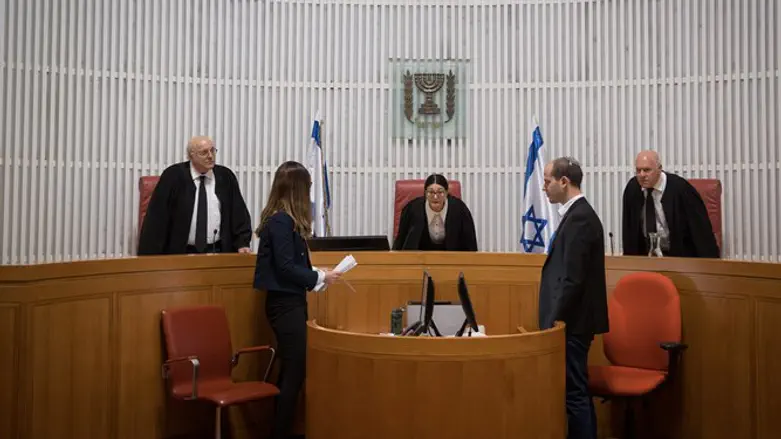
In a unanimous ruling, Israel’s Supreme Court has decided to annul the decision of the Education Minister to reject the recommendation of the Israel Prize Committee to award Prof. Goldreich the prize for the year 2021 in the field of mathematics and computer science research.
The judges were divided regarding whether the Education Minister should be ordered to reconsider the question of who should receive the prize (the majority opinion) or whether Prof. Goldreich’s petition should be accepted and the prize be awarded to him without further ado.
In February 2021, the Judges’ Committee for the Israel Prize unanimously decided to award the Israel Prize to Prof. Goldreich for his profound and groundbreaking contributions in his fields of research. The Education Minister then refused to approve the recommendation, arguing that certain publications and petitions signed by Goldreich in the past indicated that he was a supporter of the BDS movement.
The Attorney-General objected to the Minister’s position, however, stating that the case of Prof. Goldreich did not warrant intervention in the committee’s decision.
Justice Amit, who wrote the main verdict for the Supreme Court, accepted the Attorney-General’s position, and ruled that there was no justification for interfering with the committee’s decision to award Prof. Goldreich the prize. Judge Amit also noted that the rules governing the committee’s decisions require it to make its recommendations based solely on professional considerations without taking into account the personal opinions of the nominees on unrelated issues.
Judge Amit admitted that in the case of a nominee openly calling for a boycott of the State of Israel, an exception might be made, but he noted that Prof. Goldreich himself had denied supporting the BDS movement, and that the petitions and letters cited in protest of the decision to award him the prize dated back many years.
In his majority opinion, Judge Solberg noted that the main consideration in selecting a winner of the Israel Prize is the degree of his excellence and professional contribution, and that politicization of the prize should be avoided. Nor should the Supreme Court become, in effect, the supreme committee for deciding on prize winners, he said. Therefore, he ruled that the issue should be returned to the Education Minister for her final approval of the committee’s nominee.